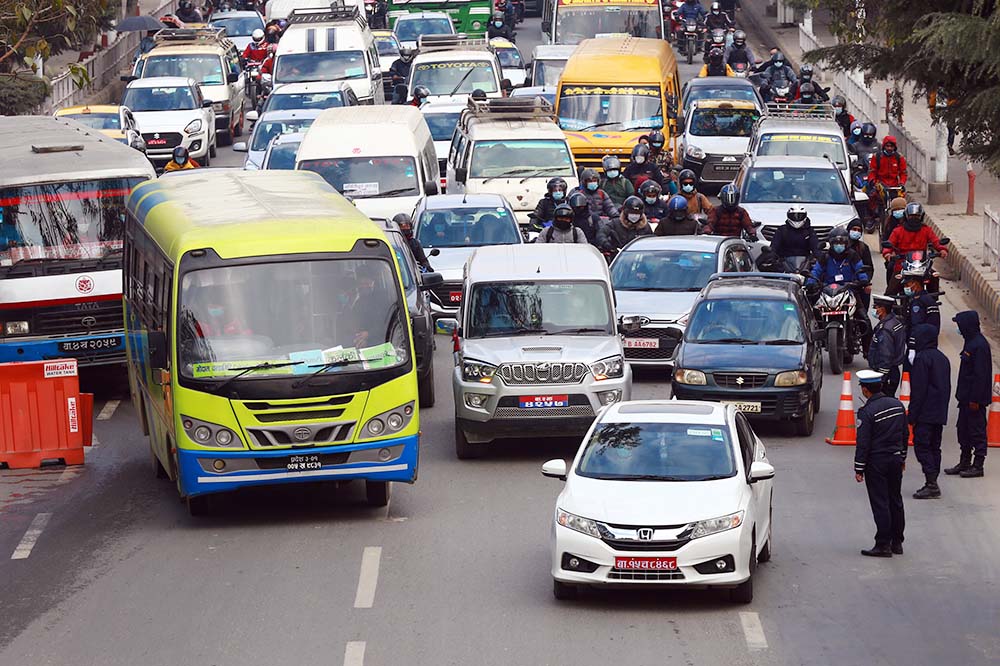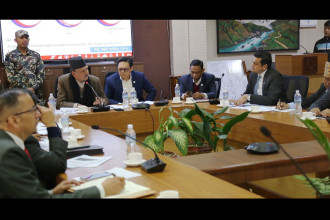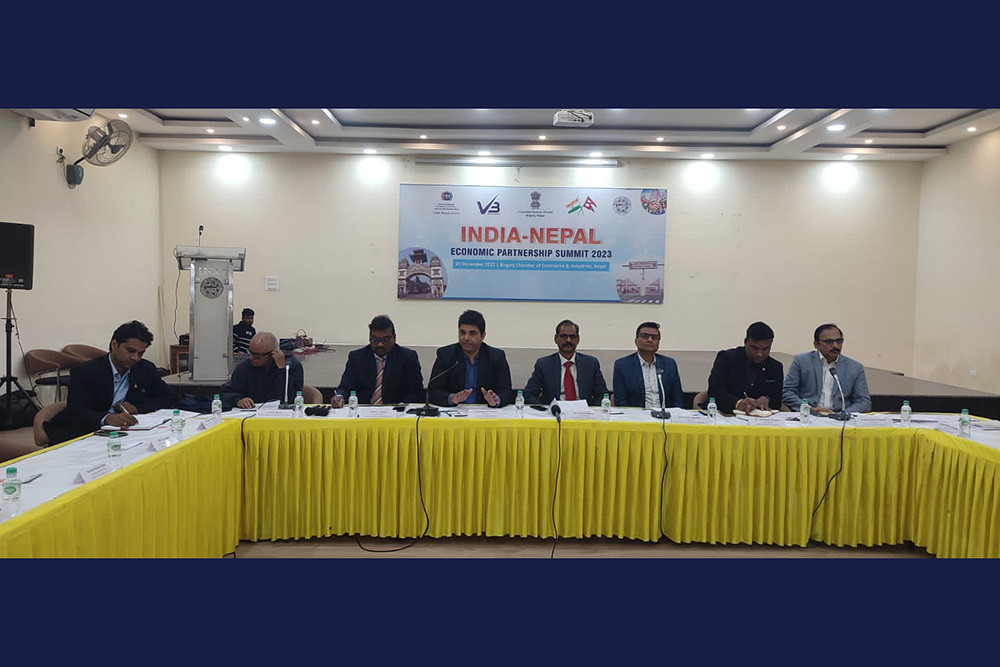
KATHMANDU: Kathmandu is the sixth most polluted capital city, according to the World Air Quality Report 2021 prepared by Swiss organisation IQAir, released on Tuesday.
The World Health Organisation (WHO) air quality guideline is 5 micrograms per cubic metre. With PM2.5 concentration value of 50.9 micrograms per cubic metre, the air quality of Kathmandu exceeds the WHO air quality guideline by over 10 times. Overall, Nepal's PM2.5 concentration value is 46.0 which suggests exceeding WHO guideline by 9.2 times.
According to the report, 63 of the world's 100 most polluted cities are in India and Delhi remains the most polluted capital city in the world for the fourth consecutive year. Delhi tops the list of capitals with the highest average annual PM2.5 concentration. It is followed by Dhaka (Bangladesh), N'Djamena (Chad), Dushanbe (Tajikistan) and Muscat (Oman).
Central and South Asia have some of the worst air quality and were home to 46 of the world's 50 most polluted cities in 2021. The report is based on PM2.5 data from 6,475 cities in 117 countries, territories, and regions.
The report also noted that air quality in China continued to improve in 2021. Capital Beijing continued a five-year trend of improved air quality, which was driven by emission control and reduction of coal power plant activity and other high-emission industries.
Air pollution is now considered to be the world’s largest environmental health threat, accounting for seven million deaths around the world every year. Air pollution causes and aggravates many diseases, ranging from asthma to cancer, lung illnesses and heart disease.
The estimated daily economic cost of air pollution has been figured at $8 billion, or 3 to 4% of the gross world product. Air pollution affects those that are most vulnerable the most. It is estimated that in 2021, the deaths of 40,000 children under the age of five were directly linked to PM2.5 air pollution. And in this age of Covid 19, researchers have found that exposure to PM2.5 increases both the risk of contracting the virus and of suffering more severe symptoms when infected, including death.
World Air Quality Report 2021 has further suggested that governments decrease air pollution emissions with the measures mentioned below.
- Pass legislation to incentivise the use of clean air vehicles for personal and industrial use
- Invest in renewable energy sources
- Provide financial incentives, such as trade-in programmes, to limit the use of internal combustion engines
- Provide subsidies to encourage the use of battery and human-powered transportation methods
- Expand public transportation and power with clean and renewable energy sources
- Build additional infrastructure to encourage pedestrian and bicycle traffic
- Strengthen and enforce emission limits for vehicles and industry
- Adopt new air quality standards based on the 2021 WHO Air Quality Guidelines
- Implement forest management strategies to limit wildfires
- Ban agricultural and biomass burning
- Develop innovative civic strategies for improving air quality
Published Date: March 23, 2022, 12:00 am
Post Comment
E-Magazine
RELATED B360 National





